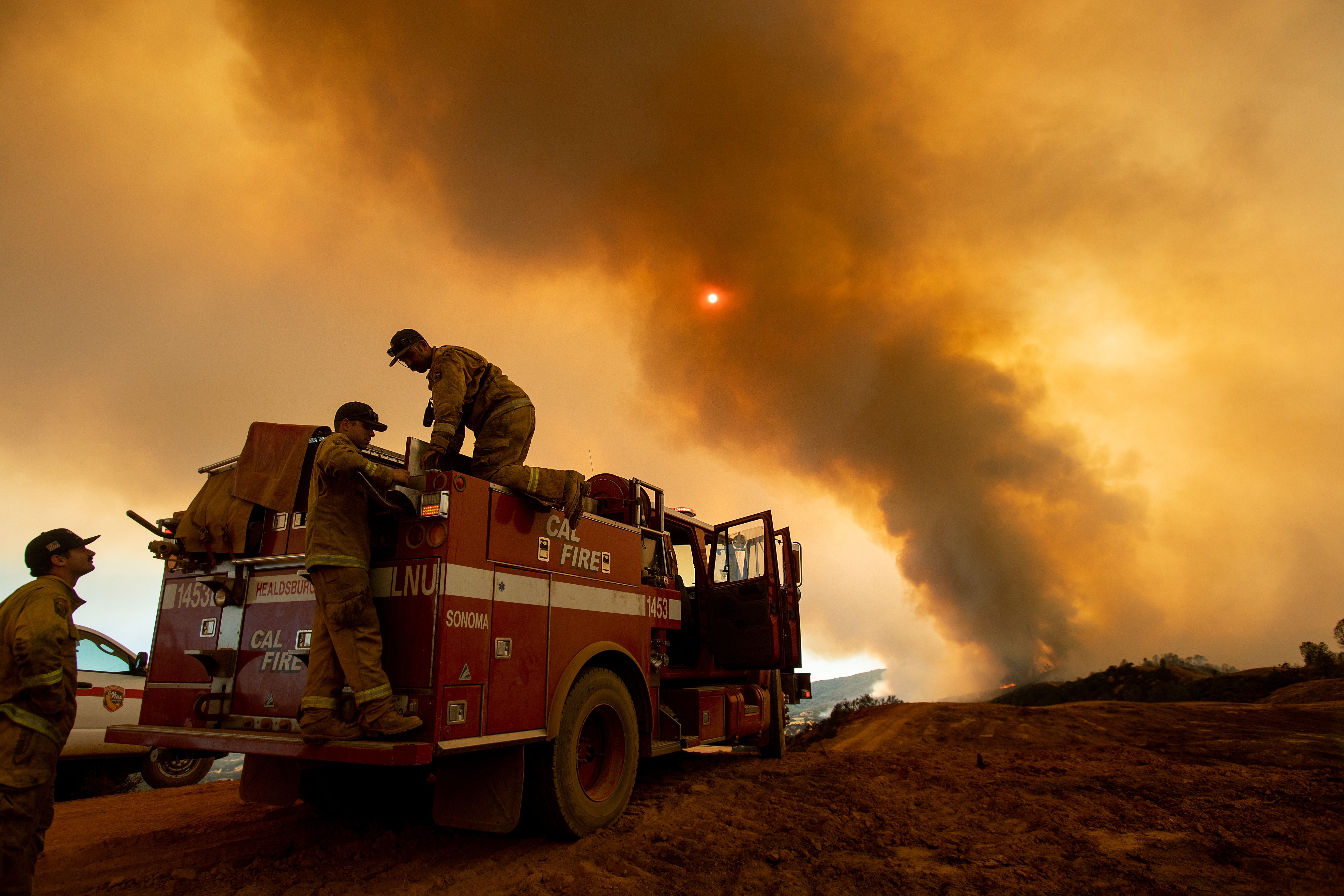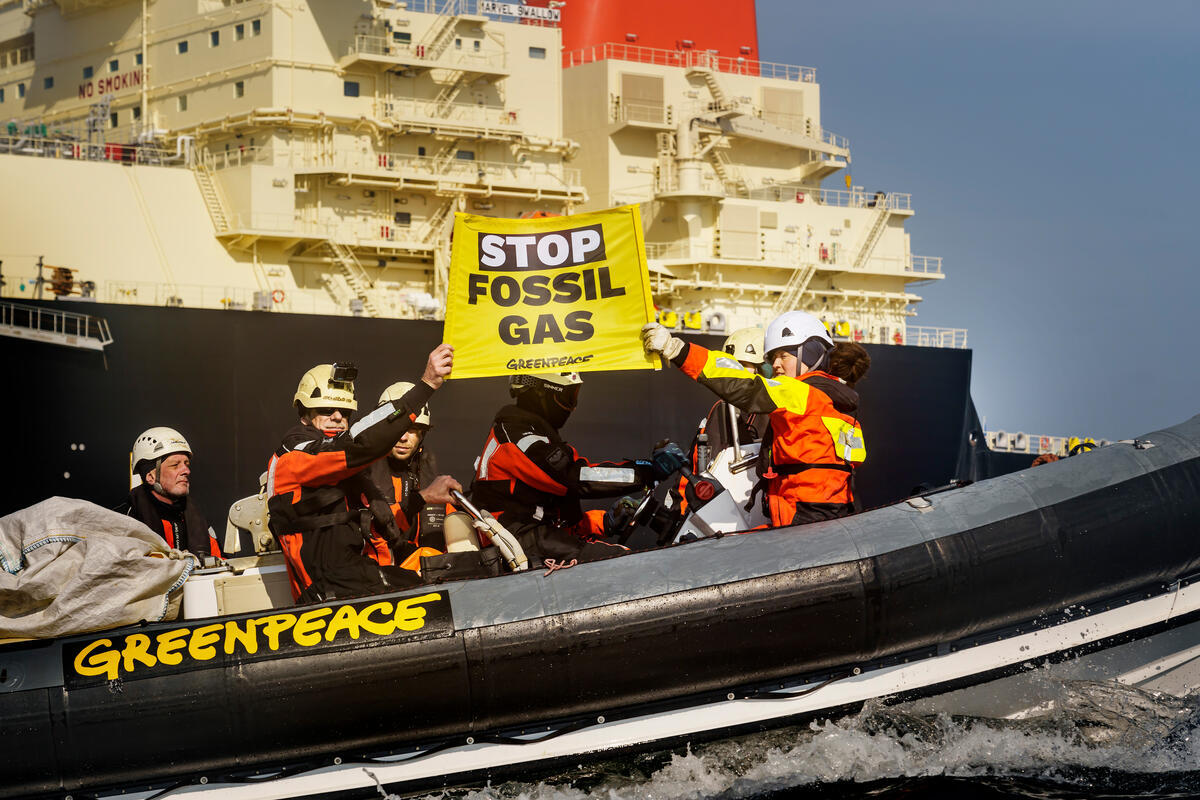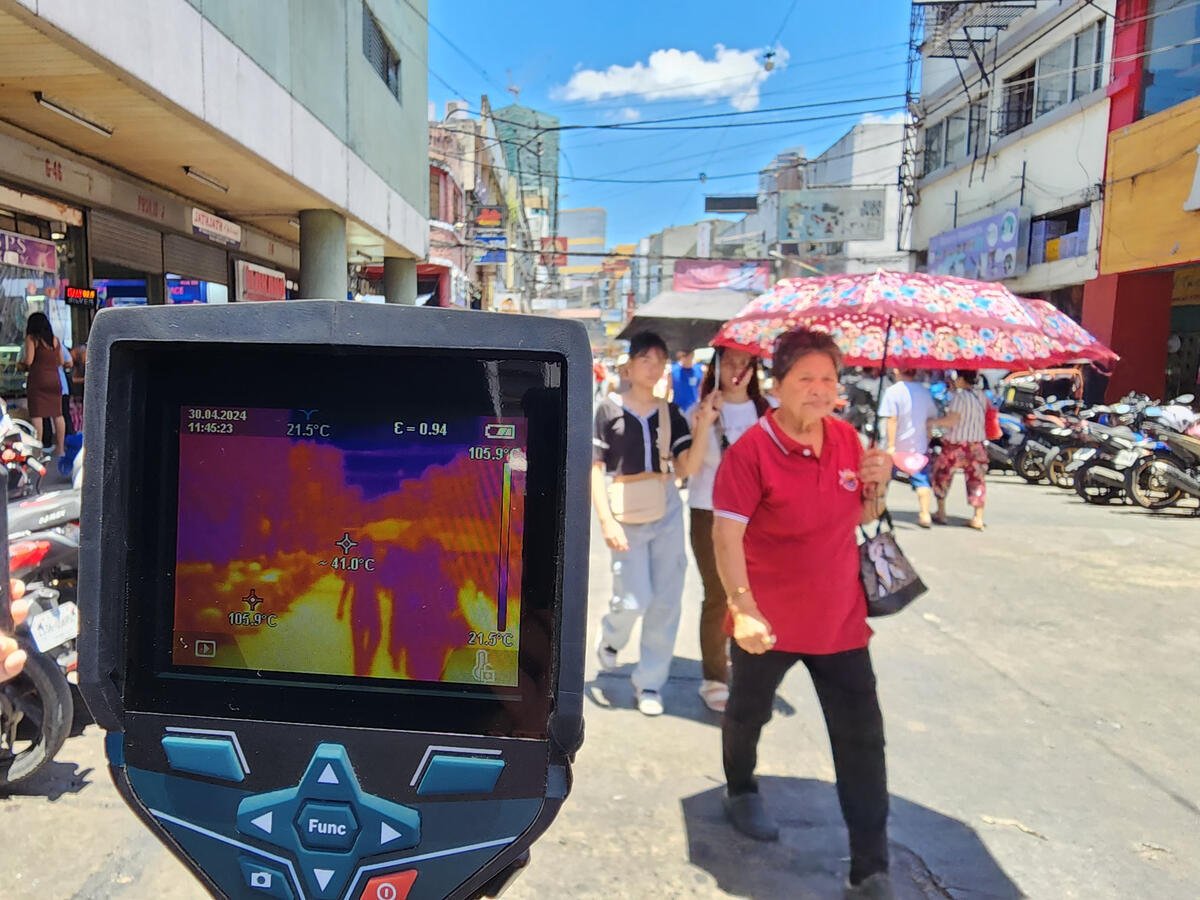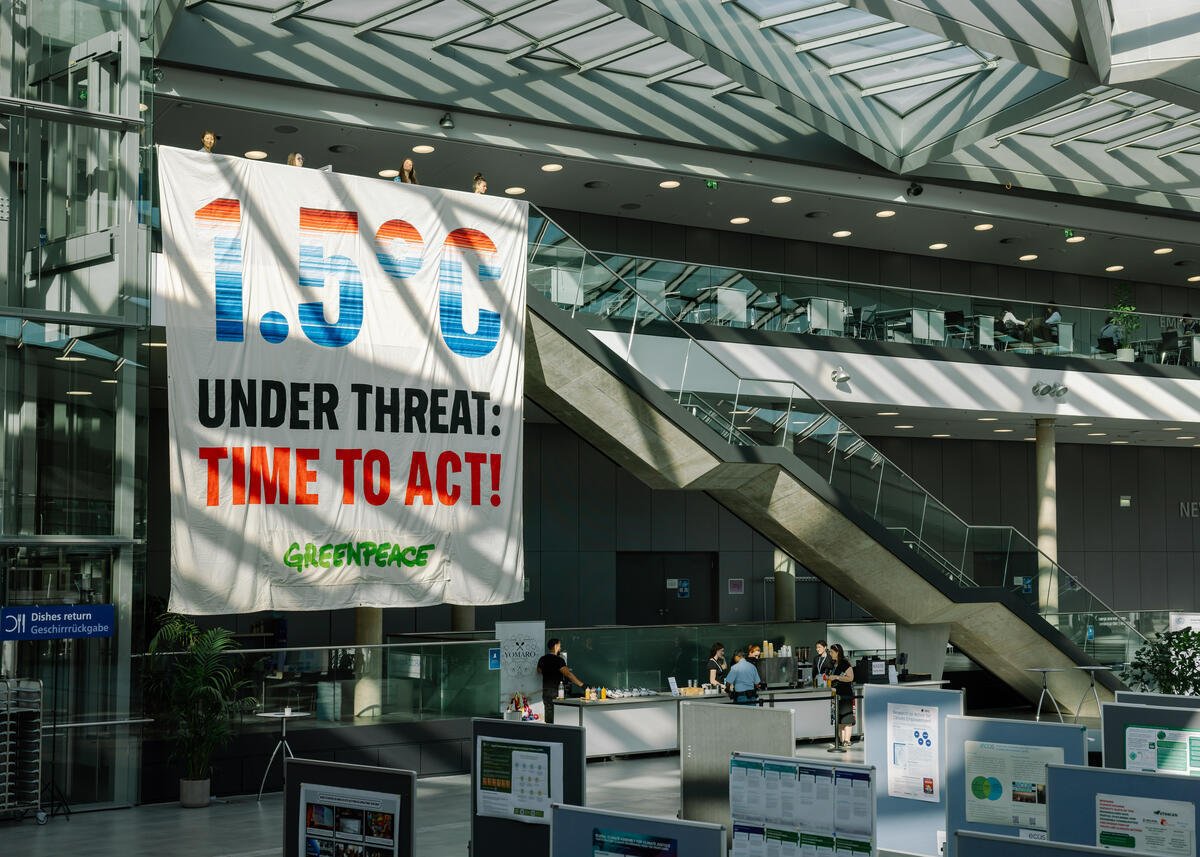If the repeated dire warnings from the world’s climate scientists have not been enough, then the recent tragic events in Japan, Europe and California must convince us to finally admit we have a problem.
Facing up to the reality of climate change will be cold solace to those who have lost loved ones in a tragic few weeks of multiple extreme weather disasters, but we also acknowledge the urgency of action to protect our communities from further harm.

A firefighter retrieves supplies while battling the Ranch Fire, part of the Mendocino Complex Fire, California.
Only by accepting the evidence that this extreme weather is consistent with the predictions of climate change will we be able to come to terms with the crisis we find ourselves in and galvanise action.
Communities across the world are demanding change. They are saying no to suffering, extreme weather, polluting fossil fuels and worsening air pollution and calling for political leaders to act as they also seek accountability and climate justice.
Over the past 30 years politicians have debated and disagreed over climate change as the fossil fuel industry profited and the reality of global warming inexorably inched closer.
Today’s reality is that global average temperatures were 1.1 degrees Celsius above pre-industrial temperatures last year and five of the warmest years on record have occurred since 2010. We’re no longer on the edge of climate change but are living among it. This is now our moment of truth.
California, no stranger to wildfires, has experienced five years of extreme drought from 2012-2017 that has made the state’s vegetation “explosively dry” and in combination with the current summer heat, the state is battling a series of terrifying wildfires. The Carr fire in particular exploded across vast swathes of the state’s wilderness, showing the threat of climate change in real time.
Europe is also burning. Greece is in mourning as the death toll mounts from potentially deliberately lit fires, while massive blazes continue to ravage the Great Northern Forest from Sweden in the west to the Russian Far East.
The devastation is being blamed on record temperatures and heatwaves in the first half of summer in the northern hemisphere, as 2018 shapes up to be one of the hottest years on record, continuing the recent upward trend.
The extent of this year’s heatwave has been attributed to movements in the west-to-east winds, called the jet stream, which has been further north than usual for about two months.
As research into the jet stream and the interplay between global weather continues, there is one certainty that is not in doubt: global CO2 emissions are driving temperatures higher and raising the risk of extreme weather.
Japan has faced an onslaught of extreme weather in recent weeks. More than 200 people were killed in historic flooding, followed by an extreme heatwave and just last weekend a typhoon battered the country again – all of this happening in July.
Each one of these events is a separate tragedy. From the six-year-old child in Japan who died during the heatwave or the nine-year-old twins who perished with their grandparents in the Greek fires or the 81-year-old firefighter who died battling the California wildfires. These are just some of the faces of victims of human-induced climate change.
While the circumstances are different, the tell-tale evidence of climate change is the same and it’s time we have a honest conversation about the world we face.
The brutal truth is that we’re far off track from achieving the goals of the Paris Agreement and are instead hurtling towards a 3-degree world – or worse. Some of the world’s oldest trees are dying and the Antarctic ice melt is accelerating.
In October, the UN’s Intergovernmental Panel on Climate Change (IPCC) will release its special report examining how we can limit warming to 1.5 degrees Celsius. The message will be clear: no level of warming is safe, but we can limit the risks.
There is still time but it requires an unprecedented shift away from coal, oil and gas and transformational change in how we protect our oceans and forests and farm our land.
While we must stop and honour those who are suffering and despair at the loss of life, livelihoods or habitat, we must also act to protect others. We must once more tell the world’s political leaders that the time to act is now. This is the moment of truth.
Bunny McDiarmid is Executive Director of Greenpeace International




